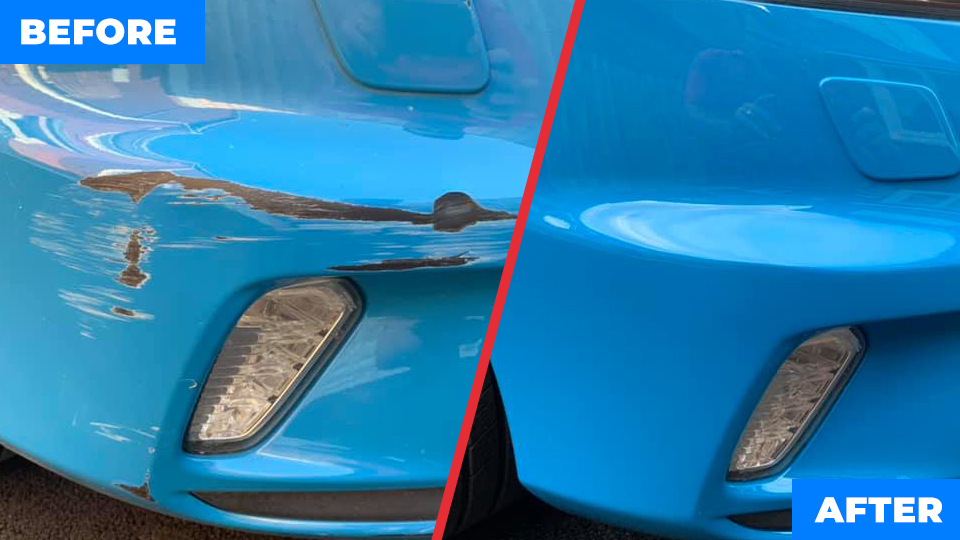How to Identify and Fix Common Diesel Engine Problems

Diesel engines are commonly found in trucks, boats, and other heavy-duty machinery. Known for their fuel efficiency and durability, diesel engines can last for many years when properly maintained. However, like all engines, they are not immune to problems. If you’re noticing poor performance, strange noises, or even white smoke coming from your exhaust, it might be time to troubleshoot.
Identifying and addressing diesel engine problems early is essential to maintaining your engine’s performance and longevity. This article will walk you through the most common diesel engine problems, how to diagnose them, and what steps you can take to fix them. We’ll also dive into how to check diesel injectors, which play a critical role in maintaining engine health, and why seeking timely Diesel engine repair is crucial.
Common Diesel Engine Problems
1. Poor Engine Performance
One of the most common issues diesel engine owners face is a decrease in performance. This could manifest in several ways, such as reduced power, difficulty starting the engine, or even frequent stalling.
Possible Causes:
- Clogged Fuel Filters: Over time, fuel filters can become clogged with dirt and debris, limiting the amount of fuel that can reach the engine.
- Faulty Fuel Injectors: Diesel injectors control the flow of fuel into the engine. If they malfunction, they may not deliver the correct amount of fuel, leading to poor engine performance.
- Air Intake Problems: A dirty air filter or issues with the turbocharger can prevent the engine from getting the right amount of air, which affects combustion and performance.
Fixes:
- Replace clogged fuel filters regularly.
- Clean or replace faulty fuel injectors to ensure optimal fuel flow.
- Inspect and clean the air intake system, including the turbocharger.
2. Diesel Engine White Smoke
White smoke is a common issue, especially during cold starts. While a small amount of white smoke is usually harmless, excessive white smoke could indicate a deeper issue with the engine.
Possible Causes:
- Cold Weather: In cold temperatures, it’s normal for a diesel engine to produce some white smoke until it warms up.
- Faulty Injectors: If the diesel injectors are malfunctioning or clogged, they might not atomize the fuel properly, leading to incomplete combustion and white smoke.
- Bad Cylinder Head Gasket: A blown gasket could allow coolant to mix with the fuel, causing white smoke.
Fixes:
- If the white smoke disappears once the engine warms up, there’s likely no cause for concern.
- For persistent white smoke, check the diesel injectors for any signs of wear or clogging. Clean or replace them if necessary.
- Inspect the cylinder head gasket and replace it if it’s damaged.
3. Engine Knocking or Misfiring
Diesel engine knocking occurs when there’s abnormal combustion in the cylinders. This can result in a knocking noise and a loss of power.
Possible Causes:
- Low-Quality Fuel: Poor-quality fuel or fuel that’s contaminated with water can lead to knocking.
- Faulty Injectors: Malfunctioning injectors can lead to improper fuel delivery, resulting in knocking or misfiring.
- Timing Issues: If the fuel injectors are delivering fuel at the wrong time, it can lead to knocking.
Fixes:
- Ensure you are using high-quality diesel fuel.
- Check and replace malfunctioning diesel injectors.
- Adjust the timing if necessary.
The Importance of Diesel Injectors in Engine Performance
Diesel injectors are a critical component of a diesel engine’s fuel system. They are responsible for injecting fuel into the combustion chamber in precise amounts and at the right time. If your injectors are clogged, worn out, or not functioning properly, it can lead to poor engine performance, increased fuel consumption, and even engine damage.
How to Check Diesel Injectors
- Visual Inspection: Look for signs of external leaks around the injectors.
- Fuel Pressure Test: A fuel pressure test will help determine if the injectors are delivering the correct fuel flow.
- Injector Cleaning: Regularly clean the injectors to ensure they are free of debris and buildup.
If you’re unsure how to check diesel injectors yourself, it’s always a good idea to consult a professional for a thorough inspection.
When to Seek Professional Diesel Engine Repair
While minor issues like dirty fuel filters can often be fixed on your own, some diesel engine problems require professional repair. If you’re experiencing persistent issues such as white smoke, engine knocking, or rough idling, it’s important to seek professional help before the problem worsens.
Professional diesel engine repair specialists can provide:
- Advanced Diagnostics: A technician can identify the root cause of the problem using advanced diagnostic tools.
- Thorough Engine Repairs: From replacing diesel injectors to fixing major engine components, a professional will ensure your engine is restored to optimal performance.
- Prevention of Future Problems: Regular maintenance by a professional can prevent future issues and extend the life of your engine.
Conclusion
Understanding the common diesel engine problems, how to diagnose them, and when to seek diesel engine repair are crucial to maintaining your engine’s performance. Whether you’re dealing with poor engine performance, white smoke, or knocking, addressing the problem early can save you time, money, and potential headaches down the road.
Remember, checking diesel injectors and performing regular maintenance can help keep your engine running smoothly. If you’re unsure about how to handle repairs, don’t hesitate to consult a professional diesel repair service to ensure your engine stays in top condition.
By following these steps and staying proactive, you can avoid the majority of common diesel engine issues and keep your engine running like new.




























































































































































































































































































































































































































































































































































































































































































































































































































































































































































































































































































































































































































































































































































































































































































































































































































































































































































































































































































































































































































































































































































































